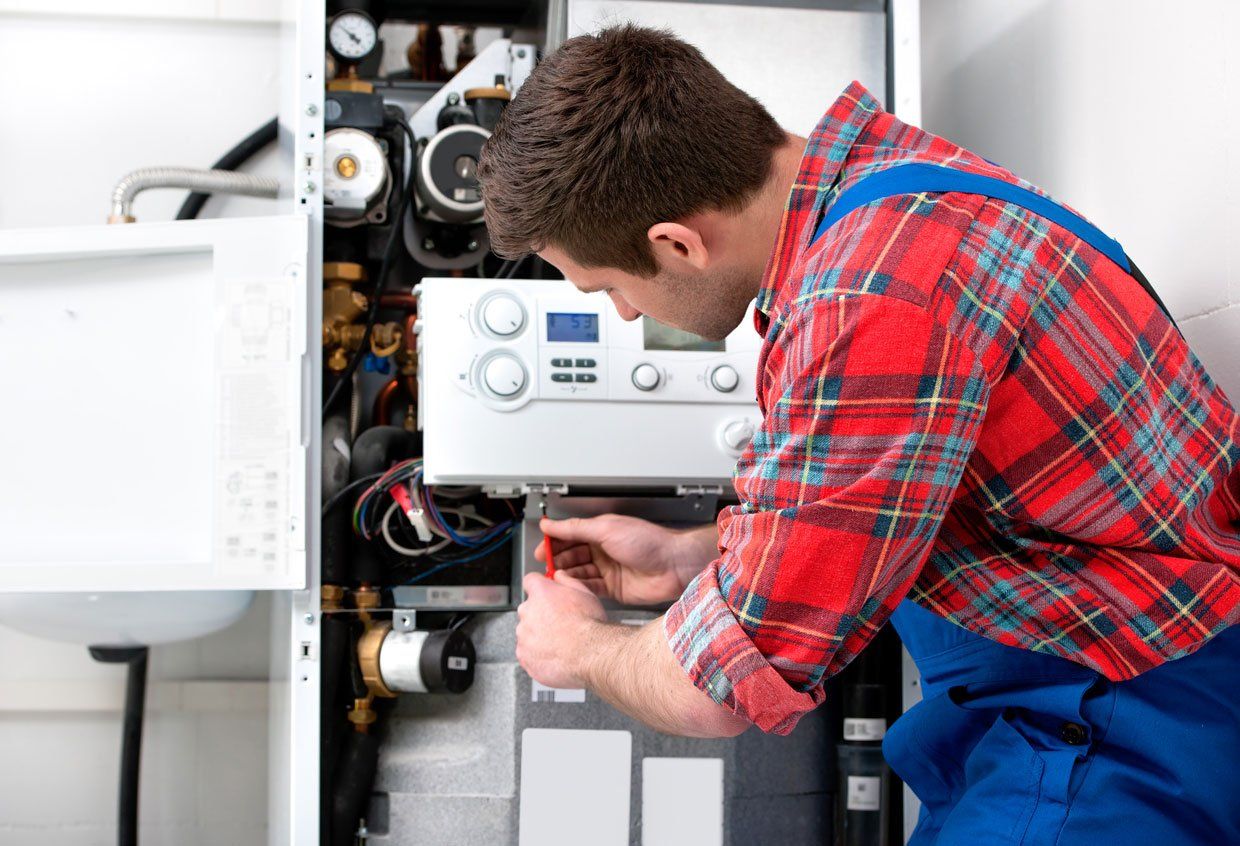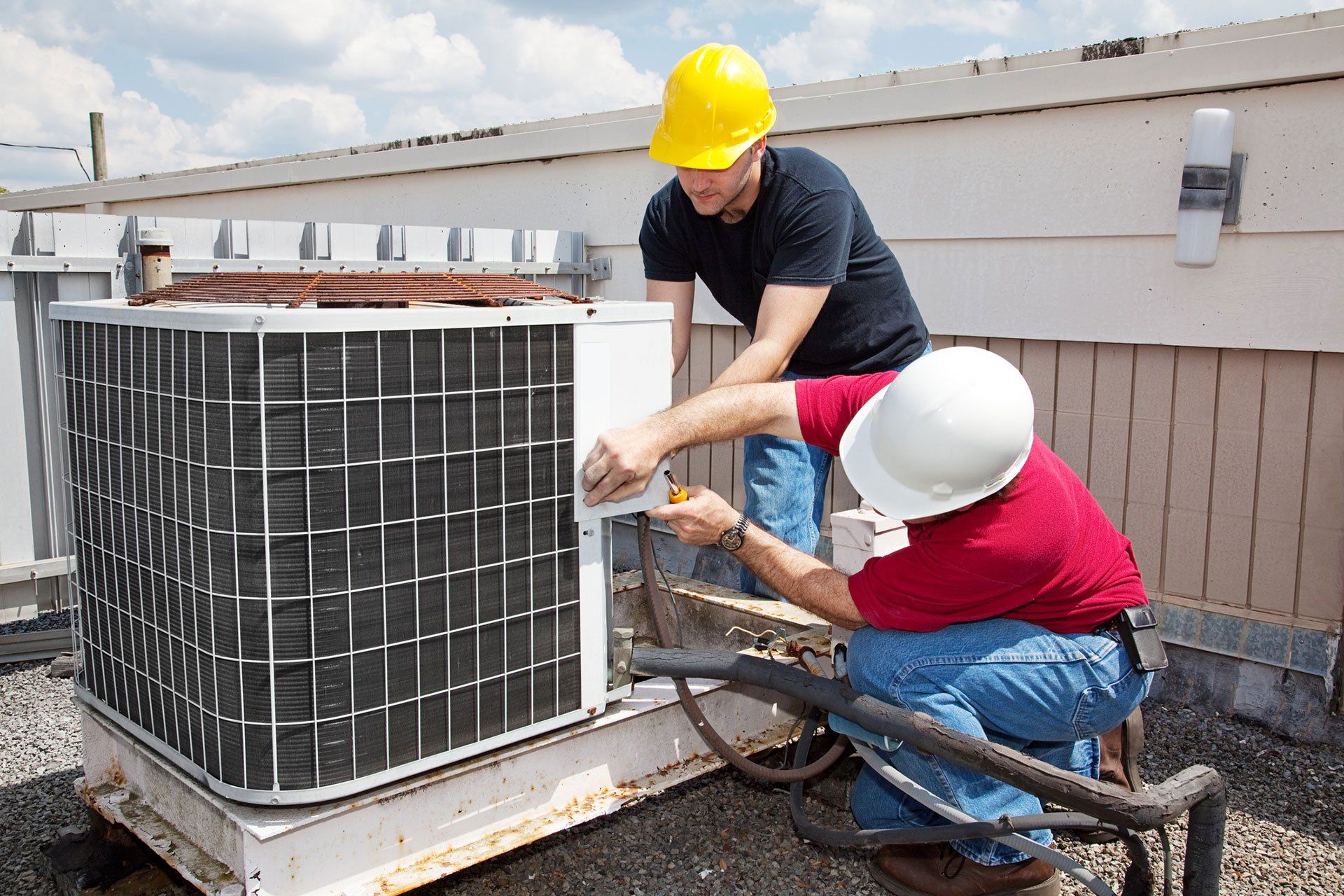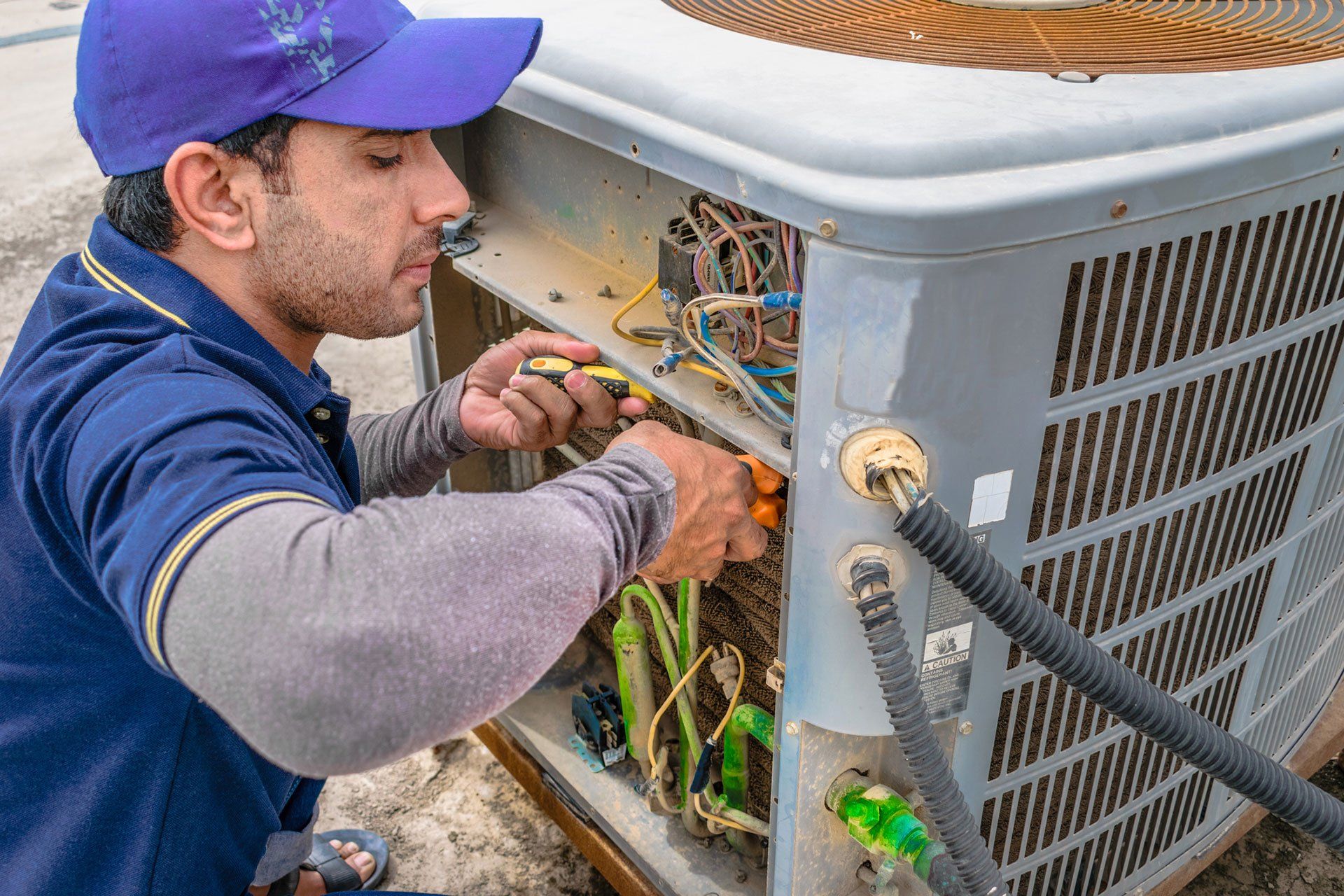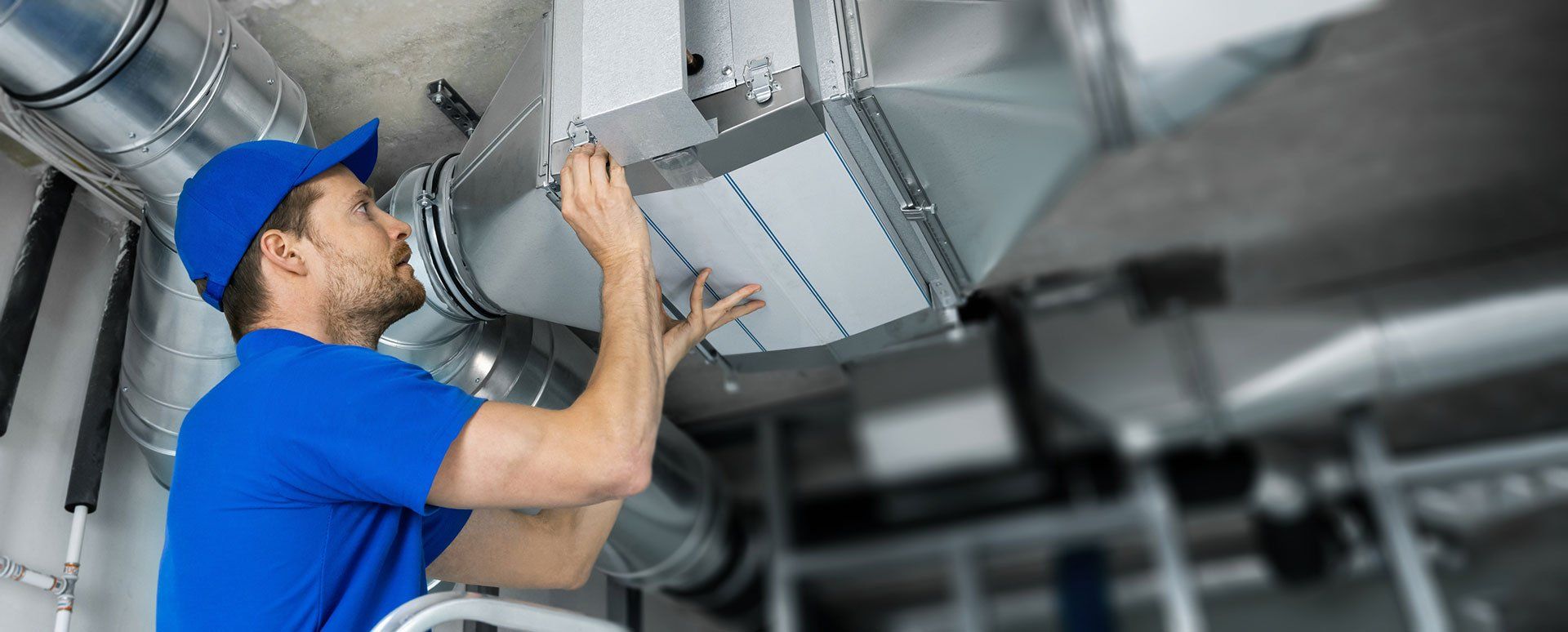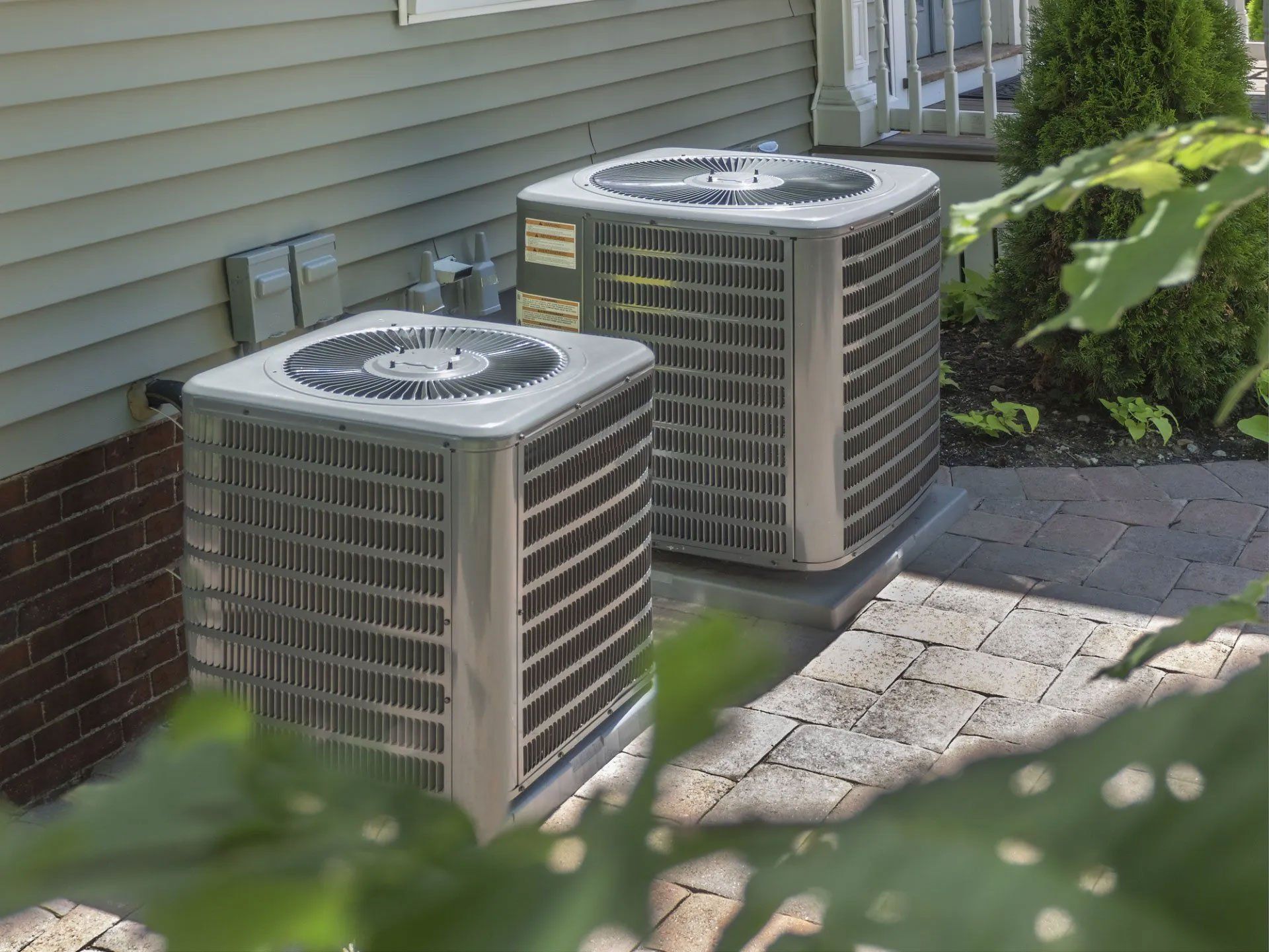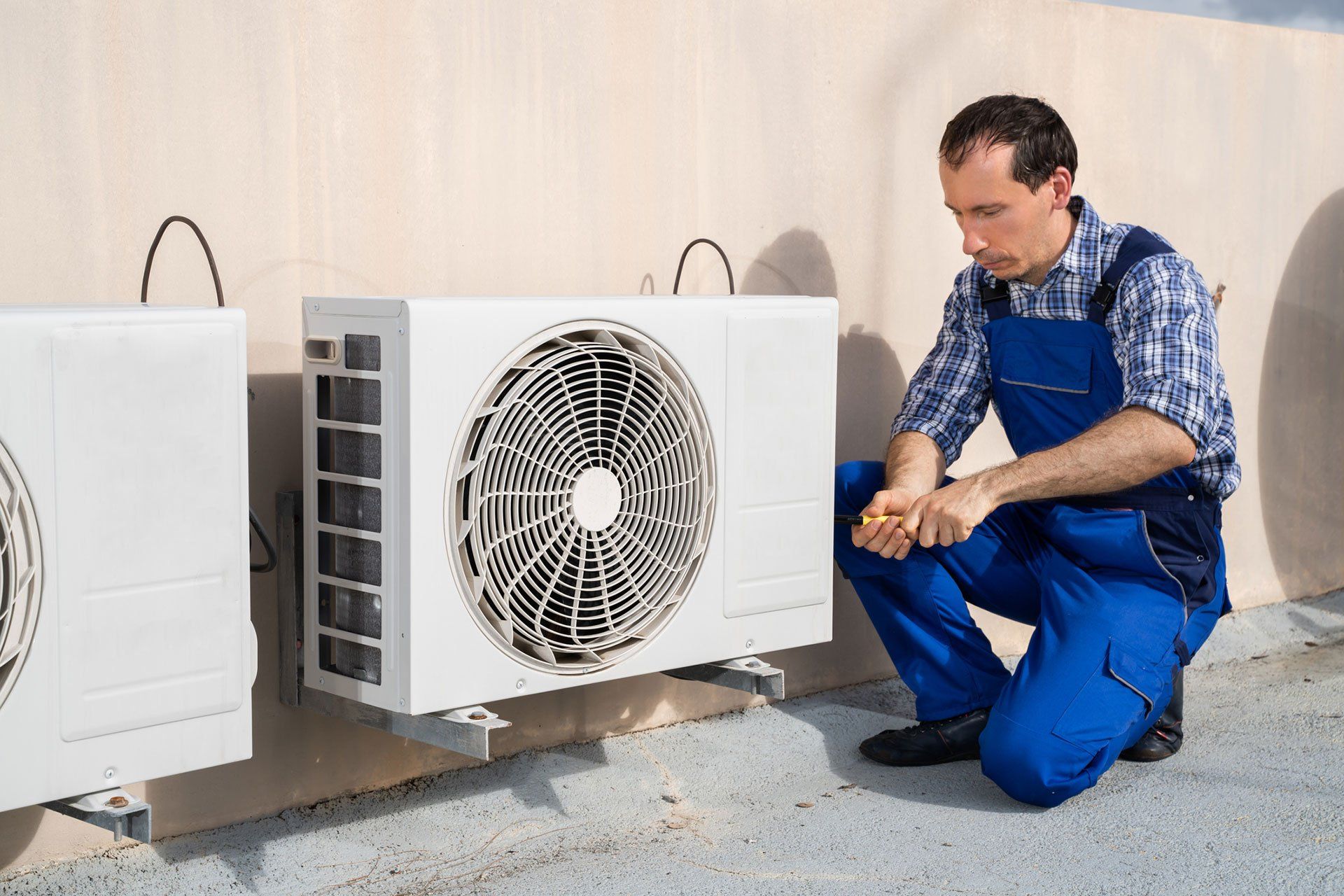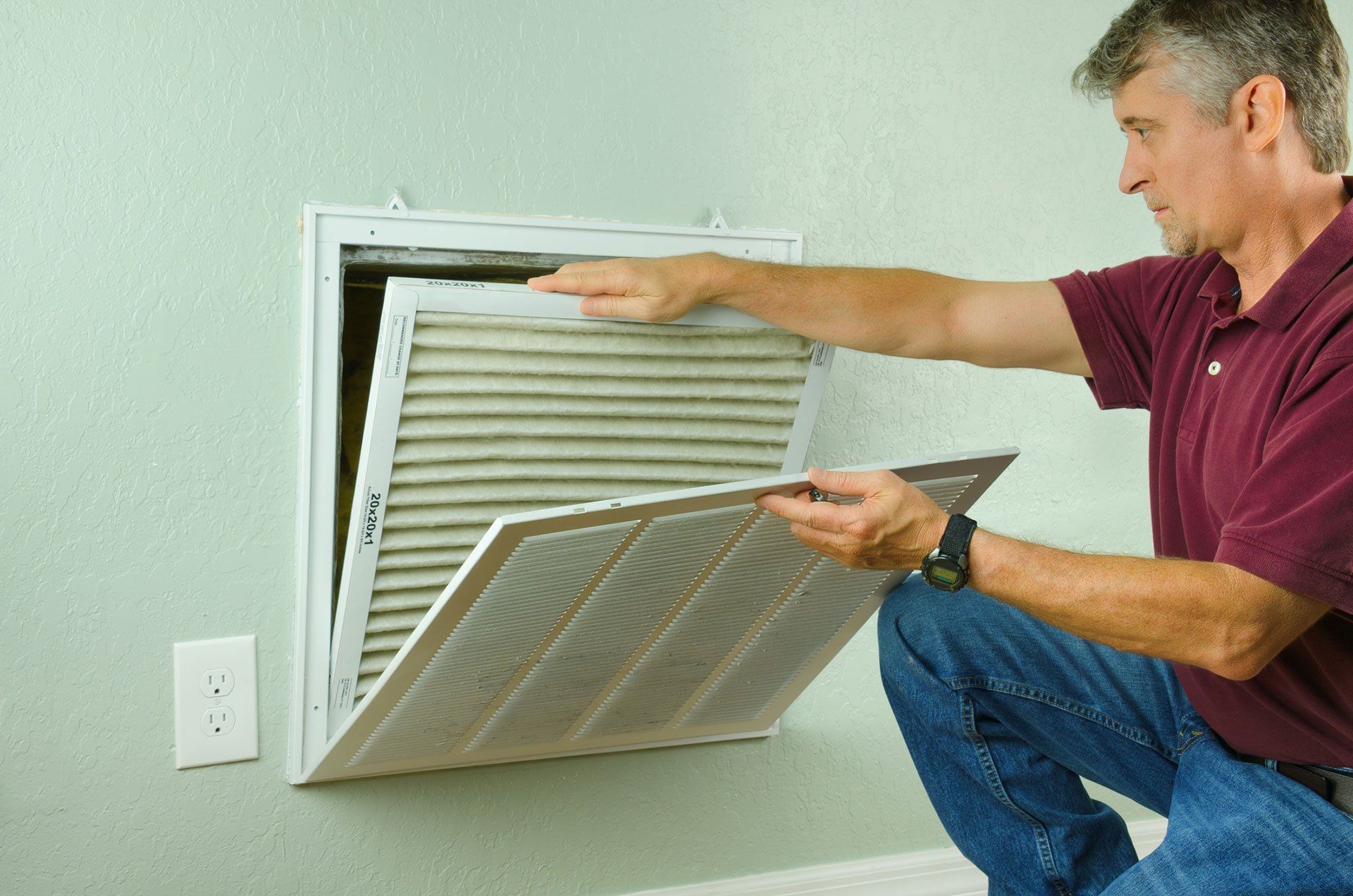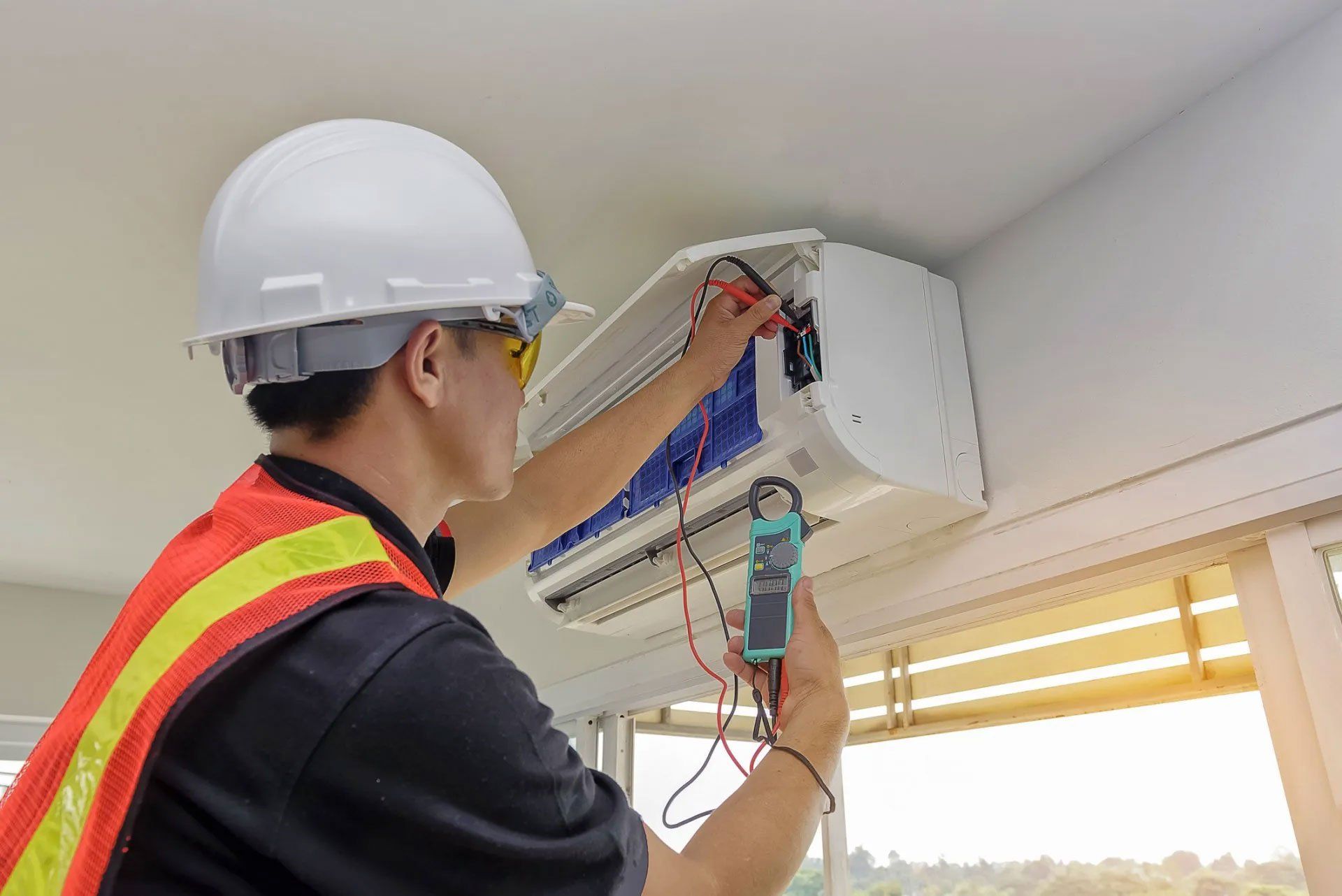The Best Tips for Better Indoor Air Quality
Improved Indoor Air Quality Tips
The cold winter months are perfect for getting cozy inside, but they can be difficult for anyone who is sensitive to poor air quality or tends to suffer from respiratory problems. Stale indoor air and out-of-date heating systems can increase the amount of dust mites, pet dander, and mold spores circulating through your home. It can be difficult to detect these issues, as they are odorless, but it's important to keep them in mind, especially if anyone in your home is prone to allergies or asthma.
The winter months tend to make indoor air quality worse, as there is often no flow of fresh air from outside. This keeps allergens trapped inside and lowers air circulation. Fortunately, there are things you can do to improve your indoor air quality.
Keep Things Clean
A clean house is a healthier house, especially if you regularly vacuum and dust. Focus your cleaning efforts on strategies that remove pet dander, dust, and other allergens that can trigger respiratory issues. At least once or twice a week, vacuum carpets and rugs. Regularly clean any cloth or upholstered surface that can attract allergens. Clear cluttered areas to reduce dust.
Avoid Excessive Greenery
While one or two small plants won't make a huge difference, you'll want to avoid indoor plants as a rule if you're trying to improve your air quality. While it's true that plants do produce oxygen, they also produce pollen and foster mold growth. On average, indoor plants will create more problems than they help. If you still want the mood boost and aesthetic improvement that plants provide, opt for realistic fake plants instead.
Use an Air Purifier
If you have allergic triggers but you can't control the source of the problem (if you don't want to give up a family pet, for example), investing in an air purifier might help. Place one in the most commonly used area in the house to help capture irritants that might trigger your symptoms. You likely won't remove allergens completely, but an air purifier - preferably an ionic purifier - might help cut down on irritants.
Open the Windows
Even in cold months, open your windows occasionally to allow fresh air to move through the house. Use fans in the kitchen to remove cooking fumes and get potential air contaminants out.
Change Your Air Filters
If you have a forced-air heating system, change the filters regularly and make sure to have your
air ducts regularly cleaned or serviced to remove trapped dust. Air duct cleaning is not always the best solution for your home, but it can help in some cases.
Consult an experienced HVAC repair professional to make sure your heating system and ductwork are in prime condition.

